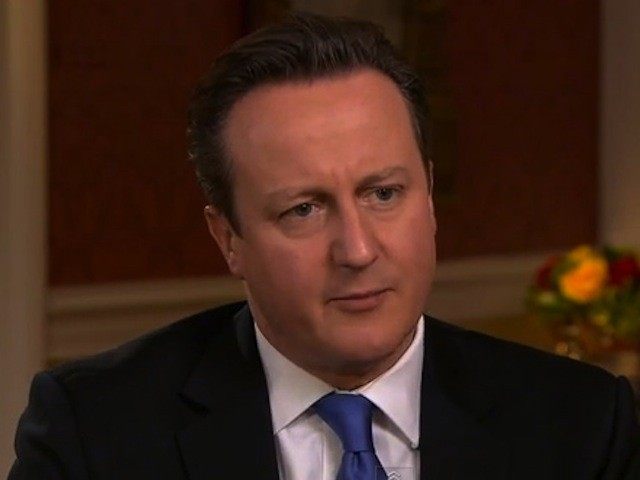David Cameron has backtracked on his opposition to grammar schools – state schools that select by ability – by indicating he would be in favour of allowing successful schools to expand. One Kent grammar has already put in an application to expand by setting up a second campus; if given the go-ahead, it would be the first new grammar school to be created in 50 years.
His conciliatory words denote a major u-turn for the Prime Minister. In 2007 Cameron ruled out the possibility of the Conservative party ever backing the creating of any new grammar schools, saying: “There is a hopelessness about the demand to bring back grammars on the assumption that this country will only ever be able to offer a decent education to a select few.”
He then rounded on a number of his backbenchers who supported the creation of selective schools, telling them: “I have an uncompromising message to those who think they can perpetuate a pointless debate about grammar schools: We will never be taken seriously by parents and convince them we share their aspirations if we splash around in the shallow end of the education debate.
“That’s why Conservative MPs and candidates in areas without grammar schools do not campaign for them to be brought back. If they did, parents would be left asking what happens to the large majority of children who don’t make the grade – and those parents would be right.”
But far from disappearing off the political radar, the debate over grammar schools has continued to rage – not least as Ukip has made the creation of a new wave of grammars a key part of their education policy. In June of last year Ukip’s leader Nigel Farage told the BBC’s Andrew Marr that he wanted to see a grammar school in every town.
“The lack of social mobility in Britain frankly is quite shaming and I think that selective education is one of the ways to give bright kids from poor backgrounds a real opportunity,” Farage said.
The debate has also made headlines in recent months thanks to an application by Weald of Kent girl’s grammar school in Tonbridge to open a co-educational ‘annexe’ in the nearby town of Sevenoaks. The plan was rejected by Michael Gove during his time as Education Secretary on the grounds that it would breach current laws on opening new selective schools, but revised plans before the current Education Secretary Nicky Morgan are expected to be given the go-ahead.
Yesterday Mr Cameron made his conciliatory comments after delivering a speech on welfare in Brighton. When quizzed on his views on grammar schools, he said: “I strongly support the right of all good schools to expand. I think that’s very important and that should include grammar schools. Under this Government grammar schools have been able to expand and that is all to the good.”
He was then asked for his views on the Weald School application specifically, to which he replied: “I don’t want to pre-empt that decision, that’s a decision for the Education Secretary to make. But the principle is very clear: good schools should have the freedom to expand.”
He continued: “We’ve made much more independence for schools within the state sector. There is huge growth in academies that have more control over their admissions, more control over their finances, more control over their futures and it has helped good schools to expand.
“Because in the end I want for everyone in this country what I have for my three young children. They are at a good state primary school in London. It shouldn’t be a lottery, it shouldn’t be a postcode matter, it should be something everyone gets, the right to have a good school place for your children.”

COMMENTS
Please let us know if you're having issues with commenting.